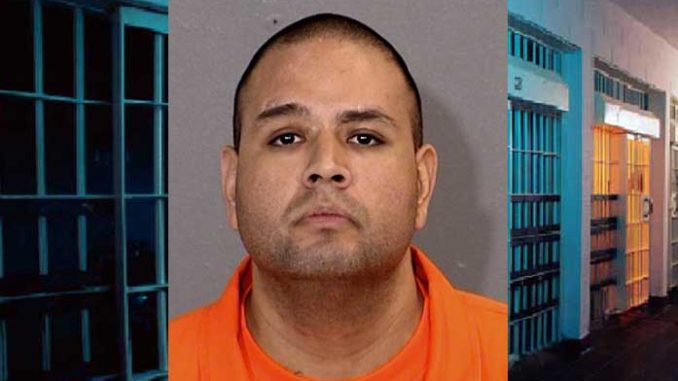
Whether a Pima County man was improperly convicted of five felonies stemming from a 2016 vehicle collision in which one person died and several others were injured could end up at the Arizona Supreme Court due to conflicting opinions from the two divisions of the state’s Court of Appeals.
Last week the Arizona Court of Appeals – Division Two in Tucson ruled Johnny Angel Gomez was properly convicted of committing two separate types of aggravated assault involving the victims. The opinion authored by Judge Peter Eckerstrom notes that it conflicts with how the Arizona Court of Appeals – Division One in Phoenix has ruled in similar cases.
Either Gomez or the Arizona Attorney General’s Office can petition the Arizona Supreme Court to hear the case due to the inconsistent rulings between the two appellate courts.
Court records show Gomez was speeding and had four times the therapeutic range of methamphetamine in his blood on Dec. 23, 2016 when he crashed into another vehicle. One passenger in his car died of injuries sustained in the accident while two others suffered significant injuries.
In addition, three adults in the vehicle Gomez ran into were also injured, while a child in the back seat was unharmed. Records show Gomez did not brake nor swerve to avoid the collision.
A jury convicted Gomez of multiple felonies, including manslaughter and 11 counts of aggravated assault. He was sentenced to concurrent and consecutive prison terms that will keep him in custody until May 2082 – when he is 93.
Gomez appealed the convictions for five of the aggravated assault charges, arguing they represented double jeopardy with the other aggravated assault counts involving the same victims.
According to court records, Gomez was charged with Arizona Revised Statutes 13-1204(A)(2), aggravated assault with a deadly weapon or dangerous instrument. He was also charged with ARS 13-1204(A)(3), aggravated assault causing “temporary but substantial disfigurement…or other injuries.
At issue on appeal was whether the Legislature intended for ARS 13-1204 subsections (A)(2) and (A)(3) to represent distinct offenses of aggravated assault or if the subsections reflected a single offense which could be committed more than one way. If simply a single offense, then Gomez could only be found guilty of committing only (A)(2) or (A)(3).
A three-judge appellate panel viewed the facts “in the light most favorable to upholding the jury’s verdicts,” Eckerstrom noted in the unanimous opinion which held the subsections are separate crimes of aggravated assault, not simply alternative or variant ways of committing aggravated assault.
Eckerstrom pointed to the fact that (A)(2) and (A)(3) even have different sentencing ranges.
“We conclude that aggravated assault using a deadly weapon or dangerous instrument and aggravated assault causing temporary but substantial disfigurement are distinct and separate offenses,” the opinion states, ruling that Gomez was not subjected to double jeopardy.
However, Eckerstrom noted Division Two has consistently treated ARS 13-1204(A) as setting forth separate -not alternative- means of committing aggravated assault, but that Division One of the court of appeals has issued contrary decisions.
Public records show Gomez had been released from DOC in February 2016 after serving time for three felonies from 2013 and 2014.
